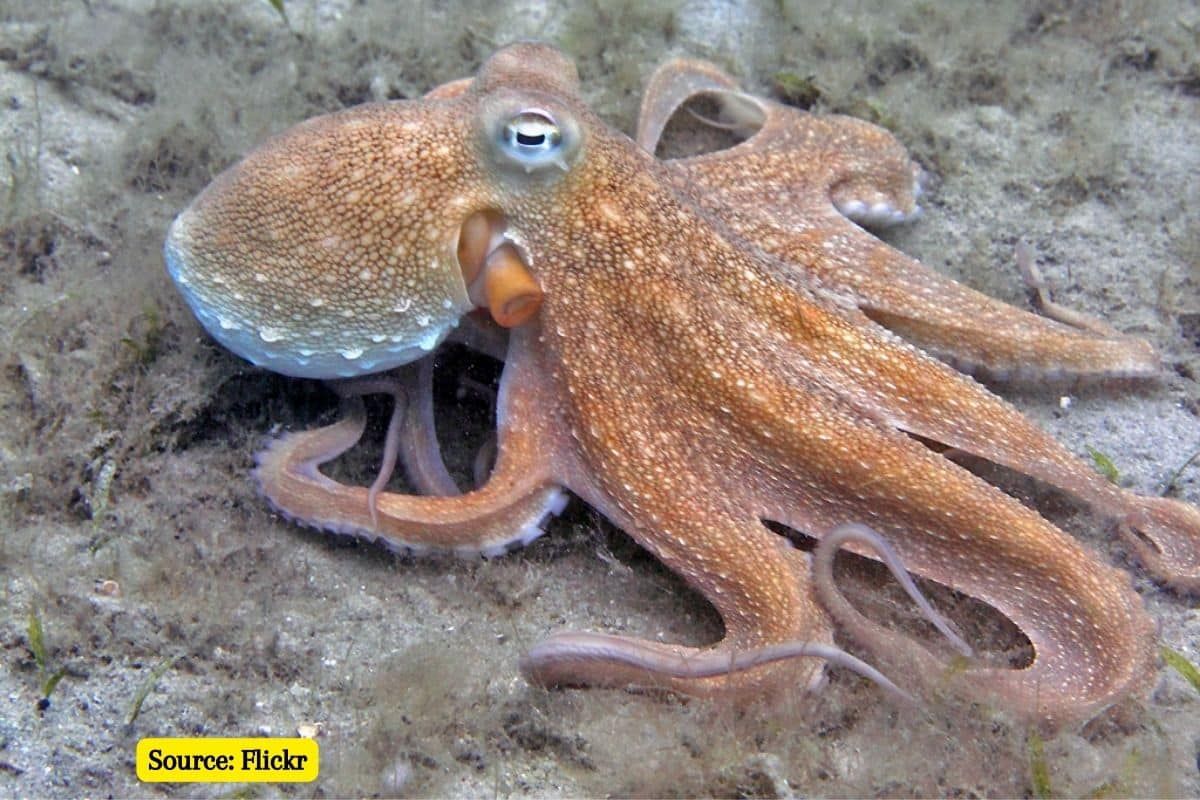The octopus and human brains have more in common than one might think, according to recent research from the Max Delbruck Center in Berlin. The work published in Science Advances and directed by Nikolaus Rajewsky maintains that octopuses have developed over several years of evolution a variety of microRNA as wide as that developed by vertebrates.
This enormous ability to modify their genes would explain the intelligence of cephalopods which, unlike vertebrates, developed different brain capacities, the most notable being having a central and peripheral nervous system that can act independently.
To identify the miRNA families, the researchers located the last common species between octopuses and humans known as Facivermis yunnanicus, a species of eyed worm that lived more than 518 million years ago.
Subsequently, they used 18 tissue samples from living dead octopuses, in which they located 42 new miRNA families, mainly in neural tissue and in the brain.
This expansion of their capacity for genetic modification is “what connects us with the octopus”, according to Professor Nikolaus Rajewsky, since these invertebrate beings are thought to have cognitive capacities that humans (and vertebrates in general) possess, such as the ability to to be curious, to have a memory and even to dream.
New microRNA families
“This is the third largest expansion of microRNA families in the animal world and the largest outside of vertebrates,” says lead author Grygoriy Zolotarov, MD, a Ukrainian scientist who interned in Rajewsky’s lab at MDC- BIMSB while finishing medical school in Prague. “To give you an idea of the scale, oysters, which are also molluscs, have acquired just five new microRNA families since their last shared ancestors with octopuses, while octopuses have acquired 90.”
“So that’s what connects us to the octopus,” says Professor Nikolaus Rajewsky, Scientific Director of the Institute for Medical Systems Biology at the Max Delbrück Center (MDC-BIMSB).
A total of 42 new families of miRNAs have been discovered, in particular in nervous tissues and mainly in the brain. Since these genes have been conserved through cephalopod evolution, the team concluded that they were clearly beneficial to animals and therefore functionally important.
Octopuses are intelligent creatures and… aliens?
From an evolutionary perspective, octopuses are unique among invertebrates. They have a central brain and a peripheral nervous system capable of acting independently.
If an octopus loses a tentacle, the limb remains sensitive to touch and can still move. The reason octopuses are unique in developing such complex brain functions could be that they use their arms as tools to open shells, for example.
Octopuses also show other signs of intelligence: they are very curious and can remember things. They can also recognize people and like some more than others. Researchers now believe they even dream because they change the color and structure of their skin during sleep.
Fascinated by these animals, Rajewsky goes further: “They say if you want to meet an alien, dive in and make friends with an octopus”. He now plans to join forces with other octopus researchers to form a European network that will allow for greater exchange between scientists. Although the community is currently small, Rajewsky says interest in octopuses is growing around the world, including among behavioural experts.
Also, Read
- Sarbal Village: A hamlet in Kashmir waiting for development
- How to convert your old car into electric car in Delhi
- Farmers in MP face crop failure every year due to climate change
- Climate Change: Kishanganga Dam causes water concerns
Follow Ground Report for Climate Change and Under-Reported issues in India. Connect with us on Facebook, Twitter, Koo App, Instagram, Whatsapp and YouTube. Write us on GReport2018@gmail.com








